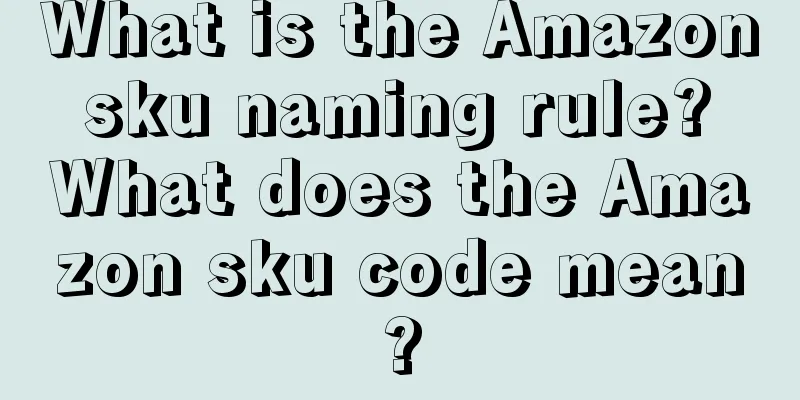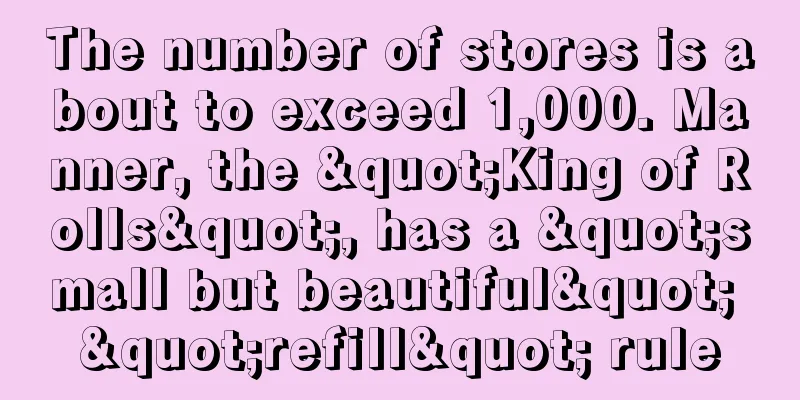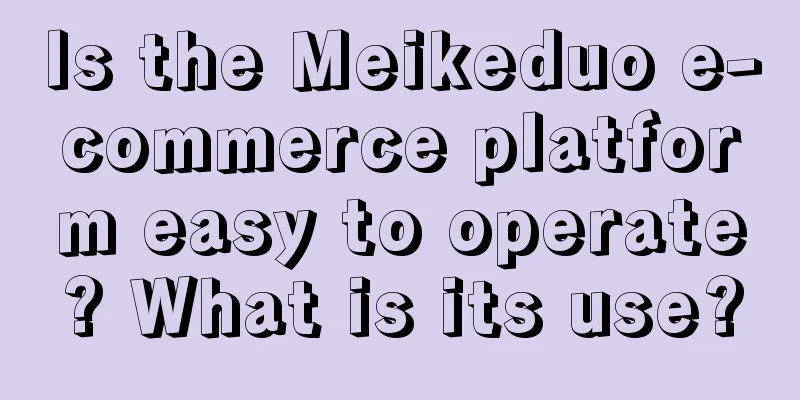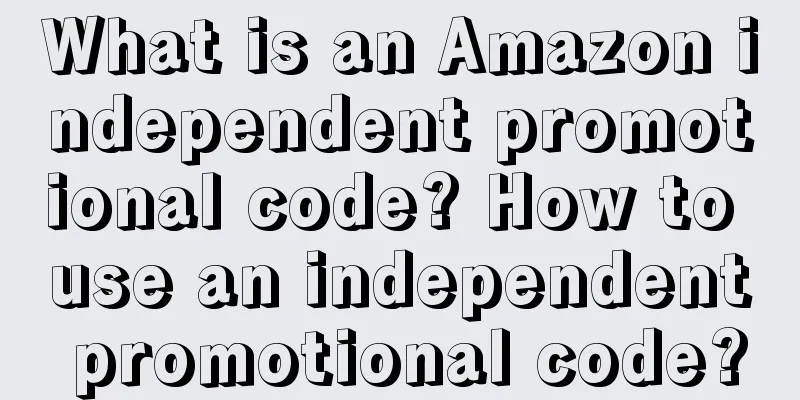Can cross-border e-commerce still be done in 2020? Can it make money?

|
2020 is a very special year. Many sellers have encountered great obstacles in doing cross-border e-commerce. Therefore, for those who are optimistic about cross-border e-commerce, they are very entangled and don’t know whether to enter the cross-border e-commerce industry. Since everyone has this question, today I brought an article to analyze whether cross-border e-commerce can still be done in 2020? The answer is yes. 2020 can be said to be a year of ill-fated fate. All the plans made in 2019 will be invalid in 2020. Under the epidemic, cross-border e-commerce has suffered a heavy blow from the outside world, but in fact it has ushered in new opportunities. The surge in online traffic and the rise of the "stay-at-home" economy have led to the booming development of overseas e-commerce and a surge in online order turnover. Although domestic e-commerce encountered the dilemma of "not being able to send orders" during the outbreak of the epidemic, it has gradually returned to normal with the passage of time. Looking at foreign Internet giants such as Facebook, they have launched new products or new features to compete for the overseas e-commerce market. It can also be seen that 2020 is not only a year full of crises, but also a year full of opportunities. It can be said to be the best time for novice e-commerce layout. Choose a Platform 1) Amazon: Although Amazon is the largest e-commerce platform in the world, it is also the most complicated platform. The platform rules are complicated, sellers have less and less authority, it is difficult to analyze customer data and conduct precise marketing, and a large amount of capital advance is required in the early stage. The advantage is that it has a mature warehousing system, sellers do not need to worry about warehousing and logistics, and can focus on selecting products and operating stores. 2) Shopify: This is what cross-border e-commerce people often call an independent site or a self-built site. The advantage is that it is easy to build a site, and you can have your own platform, set rules at will, and you can store first-hand information about customers, which is conducive to subsequent precision marketing. However, an independent site is an e-commerce shopping website. It does not have the traffic support of a platform like Amazon. In the early stage, it is necessary to place advertisements on social media such as Facebook or other platforms to attract traffic to its own store. The advertising cost is high, but the benefits are considerable. 3) AliExpress: It is a weapon for Alibaba to seize the overseas e-commerce market, with a focus on emerging markets, such as Russia and Vietnam, etc., and there is no need to stock up, orders can be placed directly with suppliers for delivery. Although storage costs are saved, the logistics costs and the costs of placing orders with suppliers in the early stage are also very high. eBay is similar to Wish and AliExpress, except that the main markets are not emerging markets. 4) eBay: The understanding of eBay is basically equivalent to Taobao in China. For foreign trade people engaged in international retail, eBay still has huge potential, because eBay's core markets are in the United States and Europe, which are relatively mature markets. Compared with Amazon, the procedures for opening a store on eBay are not particularly troublesome. However, eBay has a problem that needs to be paid attention to: the rules are heavily biased towards buyers. If the product has serious after-sales problems, it is easy to have problems. 5) wish: Wish is an emerging App-based cross-border e-commerce platform that attracts customers mainly by offering good quality and low prices. It is very popular in the US market. Its core categories include clothing, accessories, mobile phones, gifts, etc., most of which are shipped from China. Please note that when choosing products, the products you want to sell should be somewhat different from the products you are referring to. The advantage of doing so is that since buyers of blue ocean products do not know much about their prices and the market prices are not transparent, there is room for profit and premium. Recommended reading: What does Amazon sku mean? What are the Amazon sku coding rules? How does Amazon contact sellers? What are the conditions for opening a store on Amazon? How much is the deposit for opening a store on Amazon? How much is the total amount? |
<<: What was Amazon’s Singles’ Day sales volume in 2020? How to increase sales?
>>: Is Amazon's no-source cross-border e-commerce reliable? Is it worth doing?
Recommend
Why can Amazon allow follow-selling? Why is follow-selling allowed?
The advantage of Amazon sellers following sales is...
The 520 copywriting you want is here!
The annual 520 is coming, have you thought about t...
How long does an Amazon account suspension last? What are the consequences?
When using Amazon accounts, you need to pay attent...
A single video received over 2 million likes, amateur transformation is still the secret to traffic
The Douyin June fan growth list is out, and this t...
What is Shopee conversion rate? How to improve it?
As a cross-border e-commerce platform, Shopee has ...
Can I change the name of an Amazon FBA shipment? Can I change the logistics information?
If Amazon sellers are self-delivering orders, they...
How to join Shopee? What are the conditions for opening a store?
Shopee is a platform that many merchants have aske...
"My Altay" Relaxing copywriting, my class freshener
This article lists the relaxing copywriting in &qu...
The "huge wealth" of bees and flowers cannot be achieved by relying solely on free traffic
As the Li Jiaqi incident continued to ferment, tra...
Please answer | WeChat 2023: small steps and fast progress, big opening and closing
The war on the Internet has never stopped. As time...
WeChat + DeepSeek, several scenarios I can think of
There was another big news over the weekend—— WeCh...
100 episodes shot in 7 days, edited and released in 20 days: young people making money in mini-program short dramas
Mini-program short dramas, which have low producti...
Why can't the Amazon website be opened? What are the operation skills?
In the digital age, Amazon, as a global e-commerce...
How to add variations in Amazon backend? What functions does the backend have?
As the world's largest e-commerce platform, Am...
Why are Xiaomi cars selling so well?
Xiaomi Automobile does not seem to have many marke...









